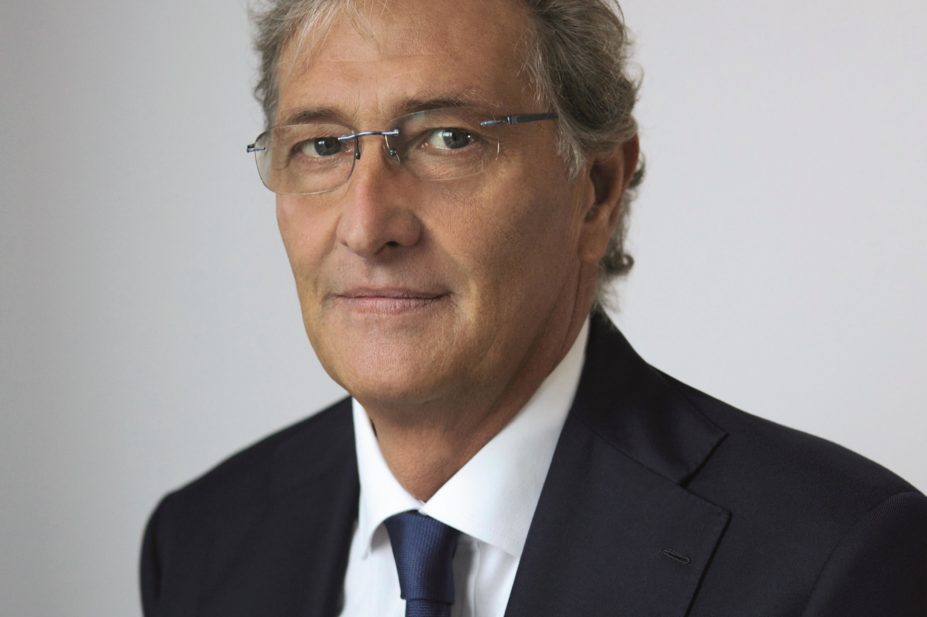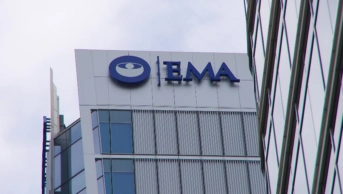
European Mediciens Agency
European Medicines Agency (EMA) staff could remain in London and work remotely for a “transitional” period following the Agency’s move to Amsterdam, the EMA’s executive director has said.
Speaking the day after the decision was taken to award the EMA to Amsterdam, its executive director, Guido Rasi, said “extended teleworking” would be one of a number of innovations looked at to retain staff once the EMA leaves London following Brexit.
Amsterdam was chosen as the new home of the EMA by drawing lots after ministers from all 27 EU states (apart from the UK) voted a tie between the Dutch city and Milan on 20 November 2017.
The EMA’s own staff retention survey showed that Amsterdam was the most popular of the 19 bidding cities competing to host the EMA, with approximately 81% of EMA staff saying they would be prepared to relocate to Holland.
But Rasi admitted that this was a best-case scenario, and he accepted that the proportion of staff who would not move to Amsterdam could be higher.
Even a loss of 19% would mean a fall in EMA staff numbers of around 200, and while this would not result in delays in medicines approval, it could hold up the implementation of other projects, he said.
“It is also unpredictable how the loss will come,” he said.
“If 20% loss comes with a complete collapse of some specific services, that might disrupt even more severely than if there was a higher loss of people but more homogeneously.”
Rasi added that it would be easier for more senior staff to find new jobs and he expected an accurate estimate of staff retention by the end of January 2018.
Amsterdam’s bid for the EMA promised that it would provide complete conferencing facilities, similar to the EMA’s current arrangements in London, by April 2019, with some office space available by then. Two options for temporary office accommodation in the meantime would be provided, Noel Wathion, EMA’s deputy executive director and head of the EMA’s Brexit task force said.
Wathion said plans for redistributing upcoming EMA work after Brexit had been “relatively smooth”, but he said planning for some of the Agency’s “more technical” work was more complex.
All EU member states had been surveyed on their ability and willingness to take on the work currently carried out in London for the EMA by the Medicines and Healthcare products Regulatory Authority (MHRA), Wathion said.
“We are looking particularly at how to address the current portfolio of products that is being managed by the UK authorities,” he said.
“We have made very good progress and are very positive.”
Wathion also said the pharmaceutical industry across Europe must “take all necessary steps” to ensure there are no medicine shortages once the UK leaves the EU in March 2019.
“We are working with member states and the European Commission but everything depends on the willingness of the pharmaceutical industry to, as quickly as possible, take the necessary actions to avoid a shortage in supply of medicines,” he said.
Rasi spoke of the EMA leaving its “joyful life” in London, and praised the EMA staff’s “spectacular professionalism”.
He said the mood among the EMA’s staff was positive and that there was some relief that a decision had now been made on the EMA’s future home.
The MHRA said in a statement that it was continuing to play “a full, active role in European regulatory procedures” and would carry on after the UK left the EU, with public health and safety, a priority.
The statement said: “There are three principles which underpin the development of a post-Brexit regulatory system for medicines and devices: patients should not be disadvantaged; innovators should be able to access the UK market as quickly and simply as possible; and we will continue to play a leading role in both Europe and the world in promoting public health.”
The decision to move the EMA to Amsterdam was welcomed in the Netherlands with Dutch minister for medical care, Bruno Bruins, describing the decision as “good news for all patients in Europe”.
“The choice for Amsterdam means that the EMA can continue its important work undisturbed after the Brexit,” he said.
“New innovative medicines can continue to access the market without delay.
“The Netherlands and Amsterdam are fully committed to a smooth move of the EMA. We are ready to ensure that the important work of the EMA continues without interruption,” he added.
Wouter Bos, a Dutch government appointed “ambassador” for the EMA bid, said: “Amsterdam scores great when it comes to the new building, the accessibility and everything that city has to offer for the employees of the EMA.
“The choice for Amsterdam is therefore also good for the 500 million Europeans who benefit from the work of the European Economic Area.”

